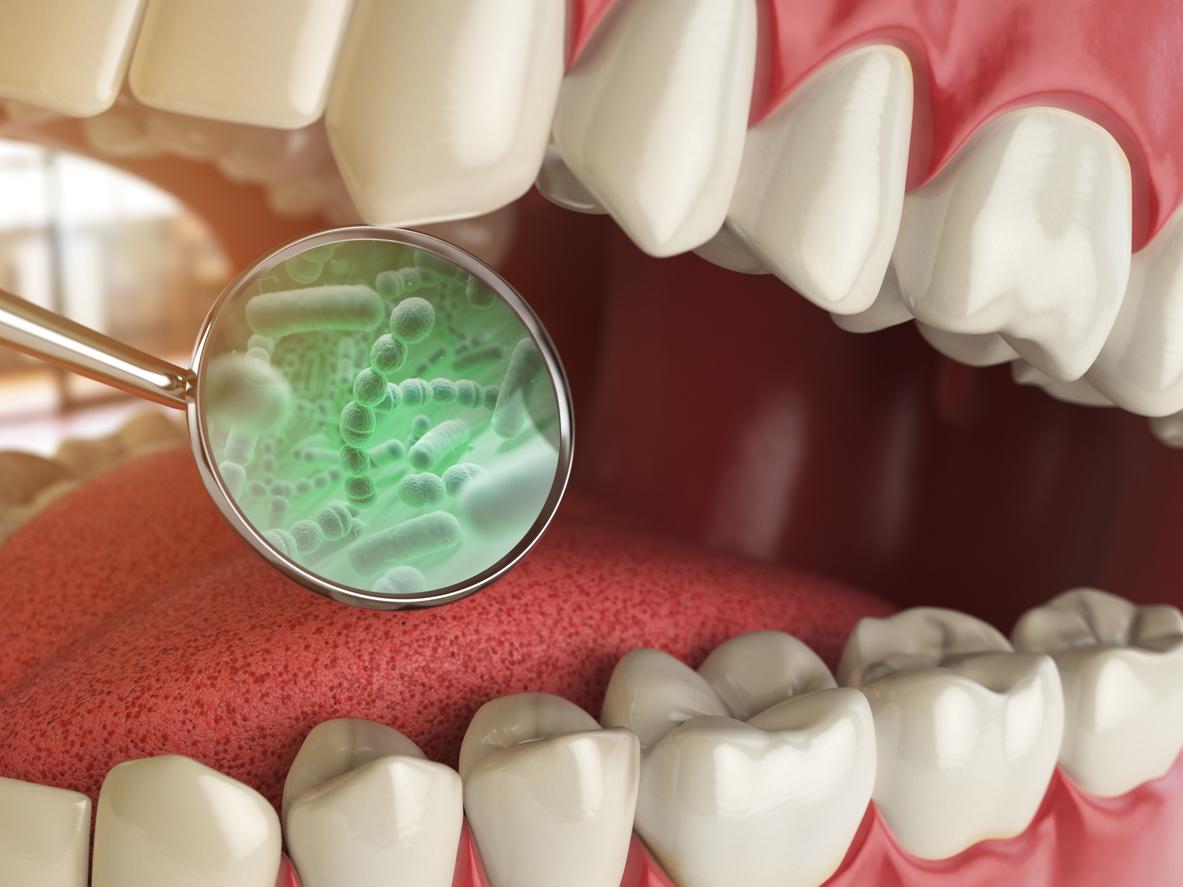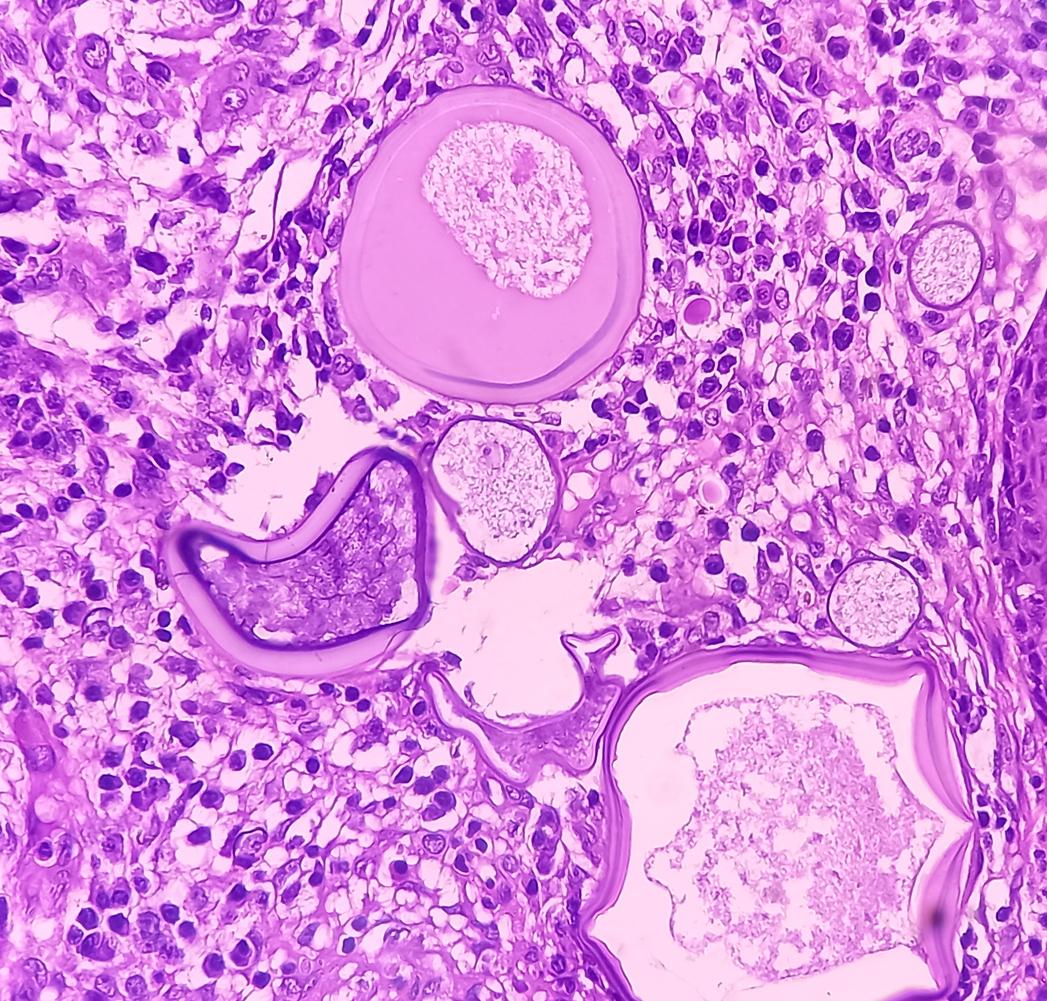Infection with bacteria that can cause gum disease and persistent bad breath could increase the risk of coronary heart disease, a new study has found.

- Fusobacterium nucleatum, a bacterium that can cause oral infections, is a potential risk factor for heart disease that doctors could screen for.
- Antibodies against F. nucleatum, a sign of previous or current infection with the bacterium, were linked to a slightly increased risk of a cardiovascular event.
- The bacterium could contribute to cardiovascular risk through increased systemic inflammation due to its presence in the mouth, or through direct colonization of arterial walls or plaque lining arterial walls.
A combination of genetic and environmental risk factors contribute to heart disease, which is responsible for around a third of all deaths worldwide. A buildup of plaque in the arteries that supply blood to the heart causes coronary artery disease – the most common type of heart disease – and can also lead to blockages that cause heart attacks. Previous studies have linked certain bacterial infections to an increased risk of plaque buildup.
According to a recent study published online In eLife on February 14, 2023, the Fusobacterium nucleatum, a bacterium that can cause oral infections, could potentially be a risk factor for heart disease that doctors could screen for. Treatments against the proliferation or infection of these bacteria could therefore help reduce the risk of heart disease.
Coronary heart disease: the still poorly understood role of bacterial infections
“While tremendous progress has been made in understanding the development of coronary heart disease, our understanding of the contribution of infections, inflammation and genetic risk factors is still incomplete. We wanted to help fill in some of the gaps in our understanding of coronary heart disease by taking a more comprehensive look at the role of infections”said lead author Flavia Hodel, from the faculty of life sciences at the École Polytechnique Fédérale de Lausanne (EPFL) in Switzerland, in a communicated.
Flavia Hodel and her colleagues analyzed genetic information, health data and blood samples from a subset of 3,459 people who participated in the CoLaus | PsyCoLaus, a cohort based on the Swiss population. About 6% of them suffered a heart attack or other harmful cardiovascular event during the 12-year follow-up period. The team tested participants’ blood samples for the presence of antibodies dedicated to fighting fifteen viruses, six bacteria and one parasite.
F. nucleatum: an oral bacterium dangerous for the heart
After the authors adjusted the results for known cardiovascular risk factors, they found that antibodies to F.nucleatuma sign of previous or current infection with the bacteria, were linked to a slightly increased risk of a cardiovascular event. “F. nucleatum could contribute to cardiovascular risk through increased systemic inflammation due to bacterial presence in the mouth, or through direct colonization of arterial walls or plaque lining arterial walls”explains Flavia Hodel.
“Our study adds to growing evidence that inflammation triggered by infections may contribute to the development of coronary artery disease and increase the risk of heart attack.”adds another author of the study, Jacques Fellay, professor at the Faculty of Life Sciences at EPFL. “Our results may lead to new ways to identify high-risk individuals or lay the foundation for studies of preventive interventions that treat F. nucleatum infections to protect the heart”he concludes.


















